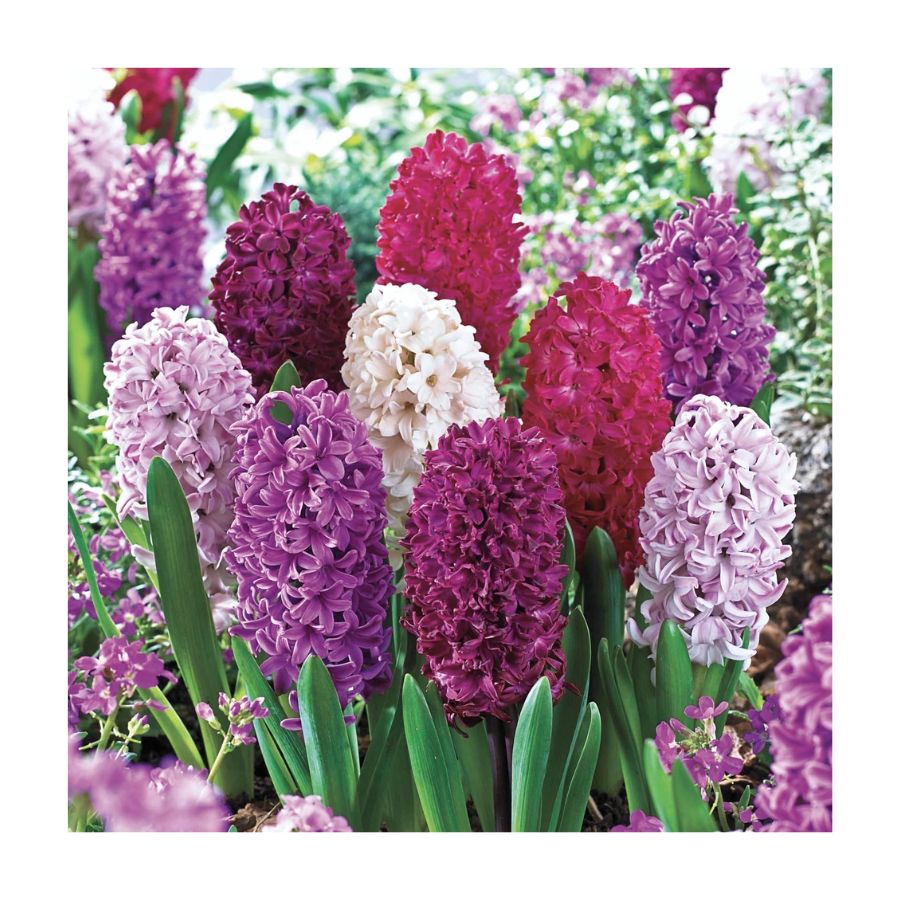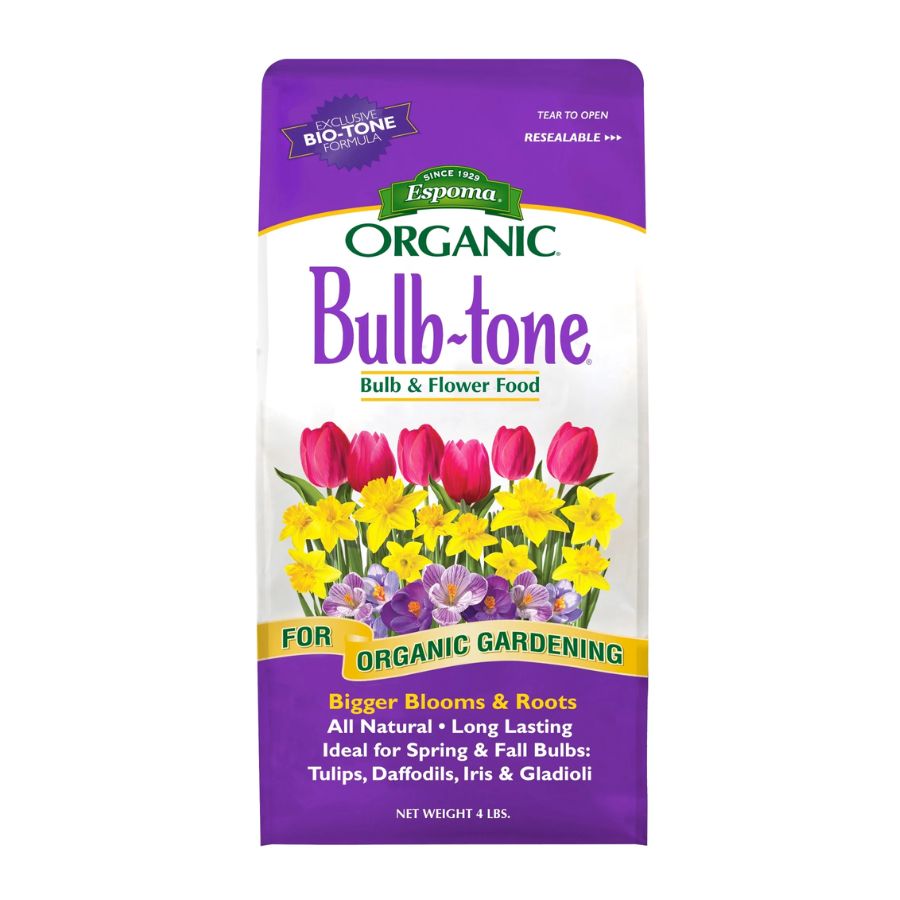How to Plant a Bulb Lasagna for Colorful Containers All Through Spring
'Bulb lasagnas' are the gardening trick to try now for colorful blooms in spring that keep on giving throughout the warm seasons. This is how to do it and what to plant
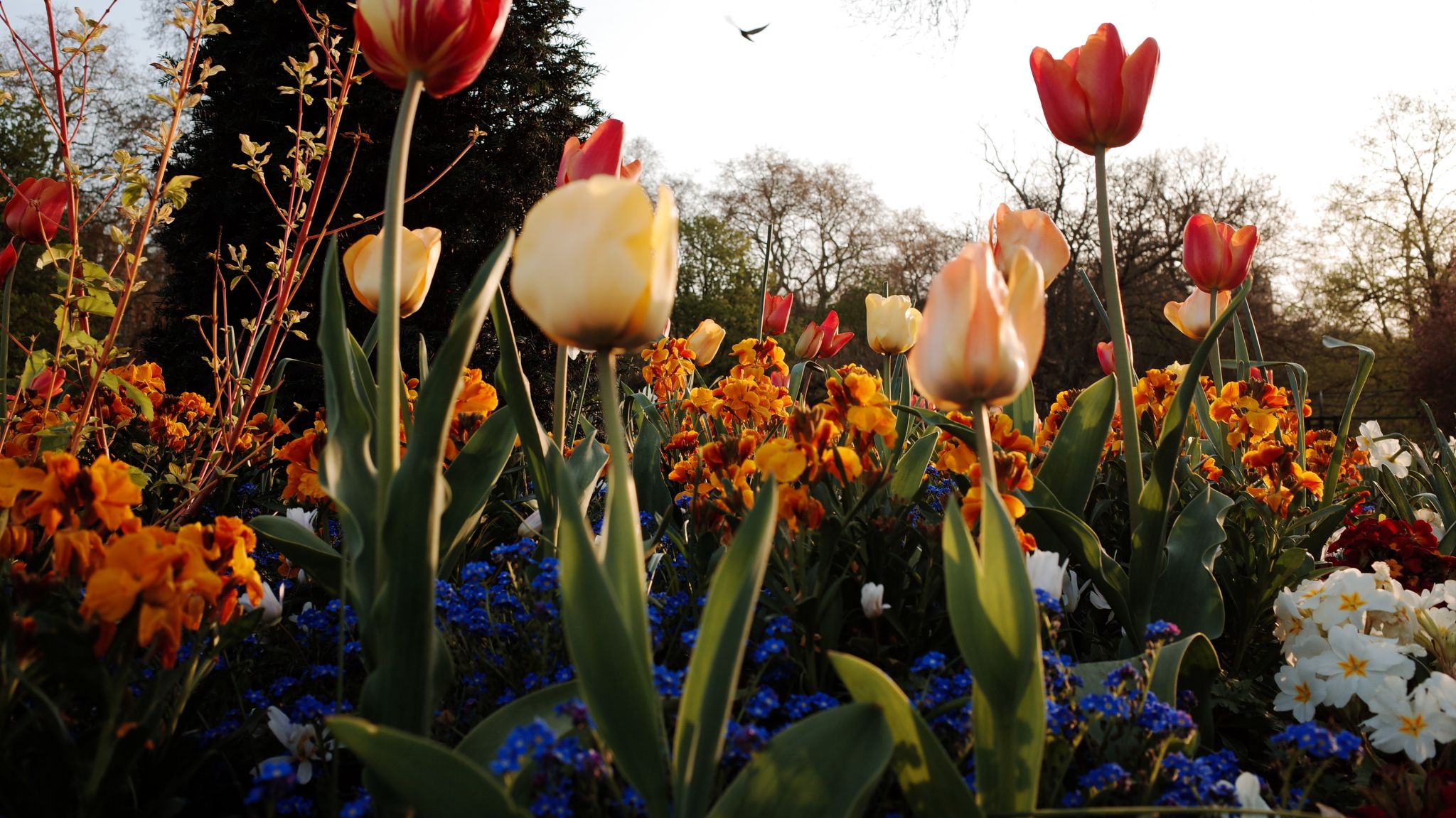
Whether you’re into gardening or not, this new method that guarantees blooms that keep on giving will be something you’ll want to try. For one, the promise of flowers that keep on blooming from the same patch is definitely tempting, but also the method of achieving it is quite fun to! You can try this in your flower beds, but also in a container garden, too.
It’s called lasagna bulb planting, and as you’d expect from the name, it’s all about planting bulbs in a layered way (as you would layer ingredients in a lasagna) in the same planting hole or container in your modern garden.
The idea is to plant bulbs that flower at different times in the same pot or area, so that once one of your bulbs dies back, another flower will sprout up and take its place. This will achieve growing flowers that bloom in turn, over a longer period of time, and maximize the use of your garden space.
I spoke to an expert to get all the tips on how to get this done the correct way and find out what bulbs I should plant and when.
@enviiuk ♬ original sound - alex
1. Location, location, location
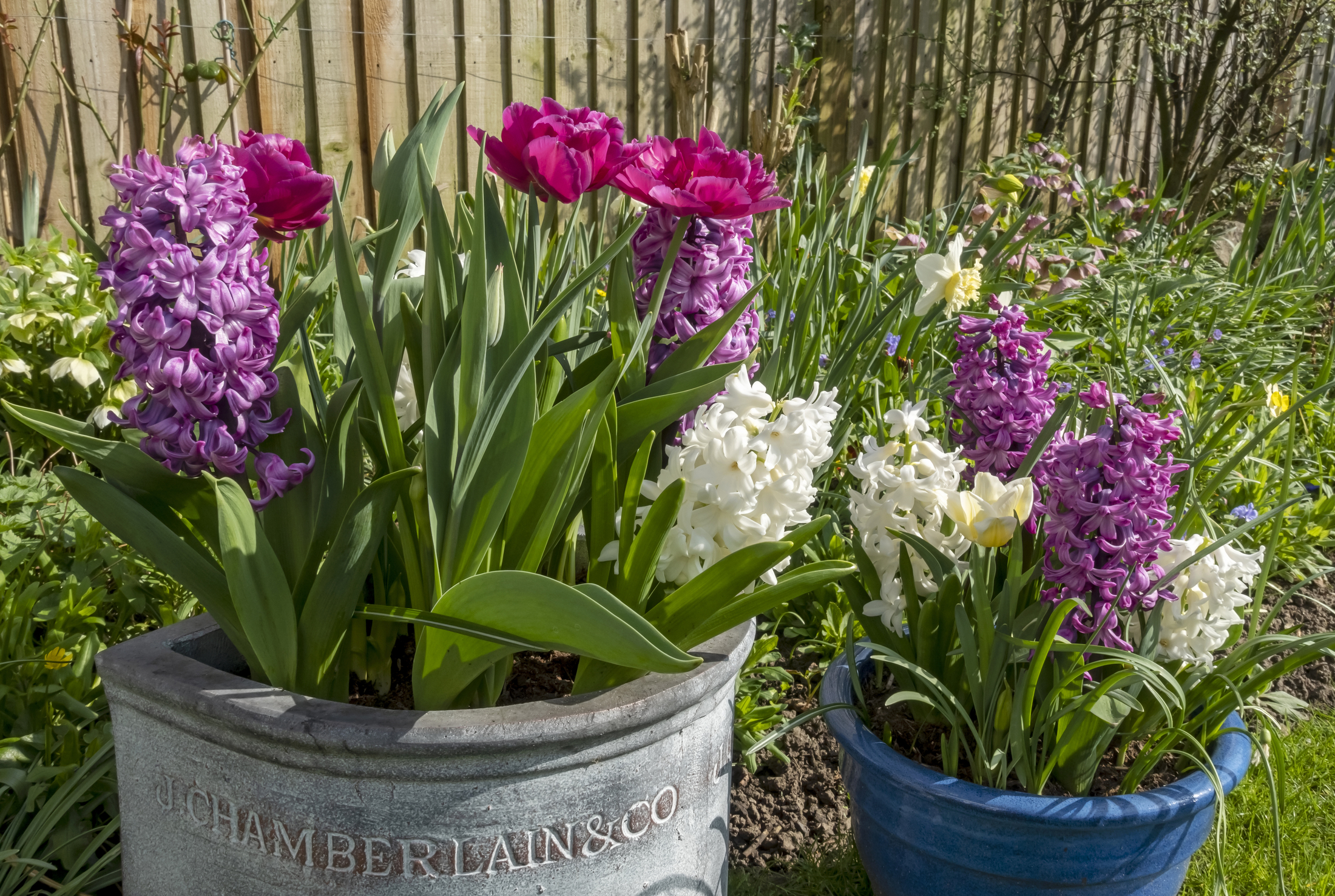
First things first, it’s important to get the location right. ‘Select a sunny spot in your garden that provides well-drained soil. Bulbs generally thrive in areas with at least six hours of sunlight per day,’ Lina Cowley, senior editor at Trimmed Roots tells me, advising to make sure you get the soil ready by removing any weeds or debris. ‘Loosen the soil with a garden fork or tiller to ensure proper drainage,’ she adds. Pick a spot where you can dig a 8-12 inch deep hole, which should be enough for about three layers of bulbs for spring flowers.
2. Pick your bulbs
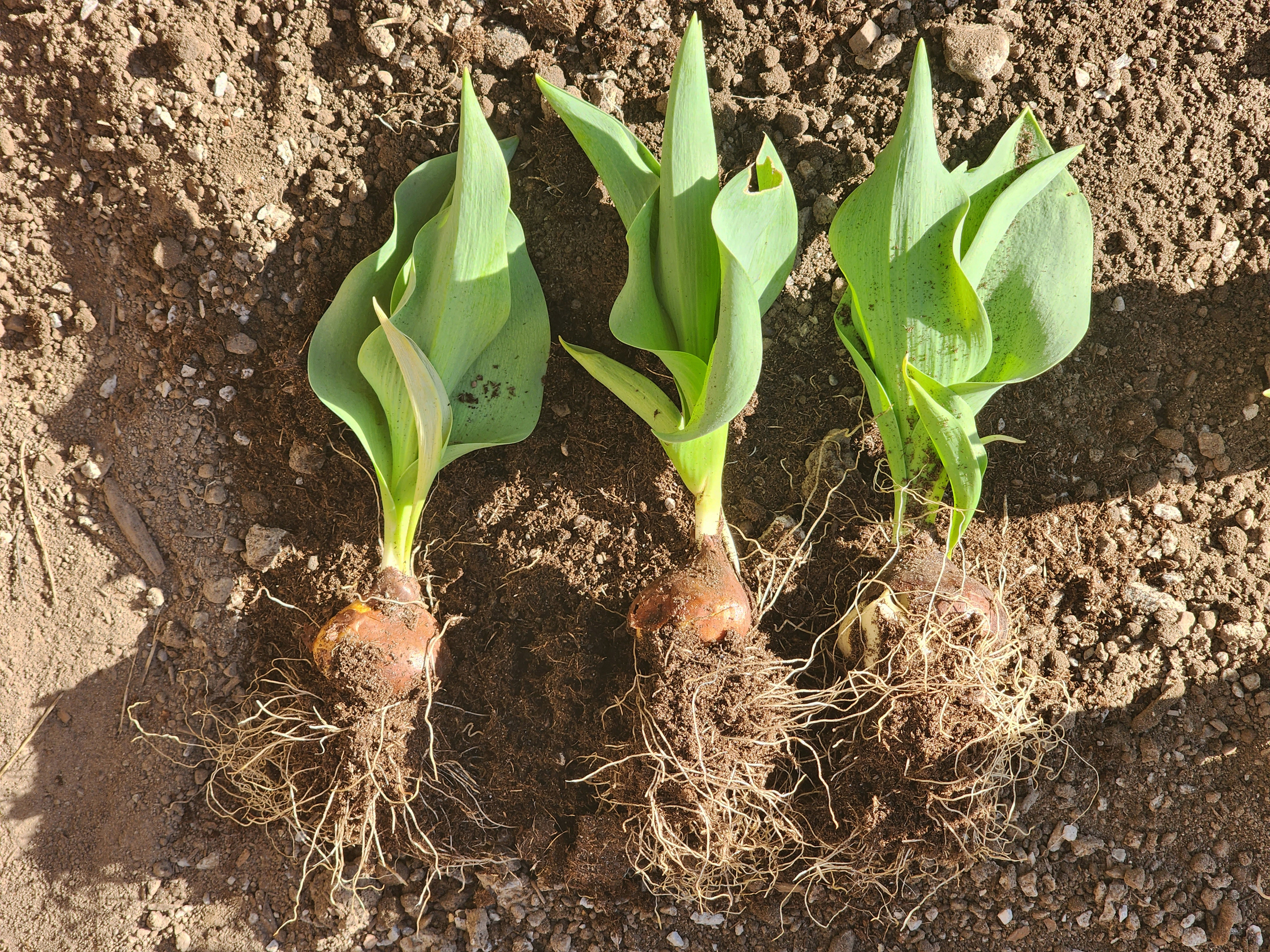
This is where you can be strategic. The idea is to have blooms that last as long as possible, from the same patch. So pick bulbs that flower at different times. The possibilities are many, but some of the most popular choices include tulips, daffodils, crocuses, hyacinths, and muscari. As a guiding note, Cowley advises to consider the color palette you want to achieve and select bulbs accordingly.
Think about when you want your bulbs to bloom too. Cowley advises going for crocuses, snowdrops, and early-blooming daffodils for early spring blooms; tulips, hyacinths, and grape hyacinths for mid-spring, and alliums, lilies, and late-blooming tulips for late-spring.
3. Get layering
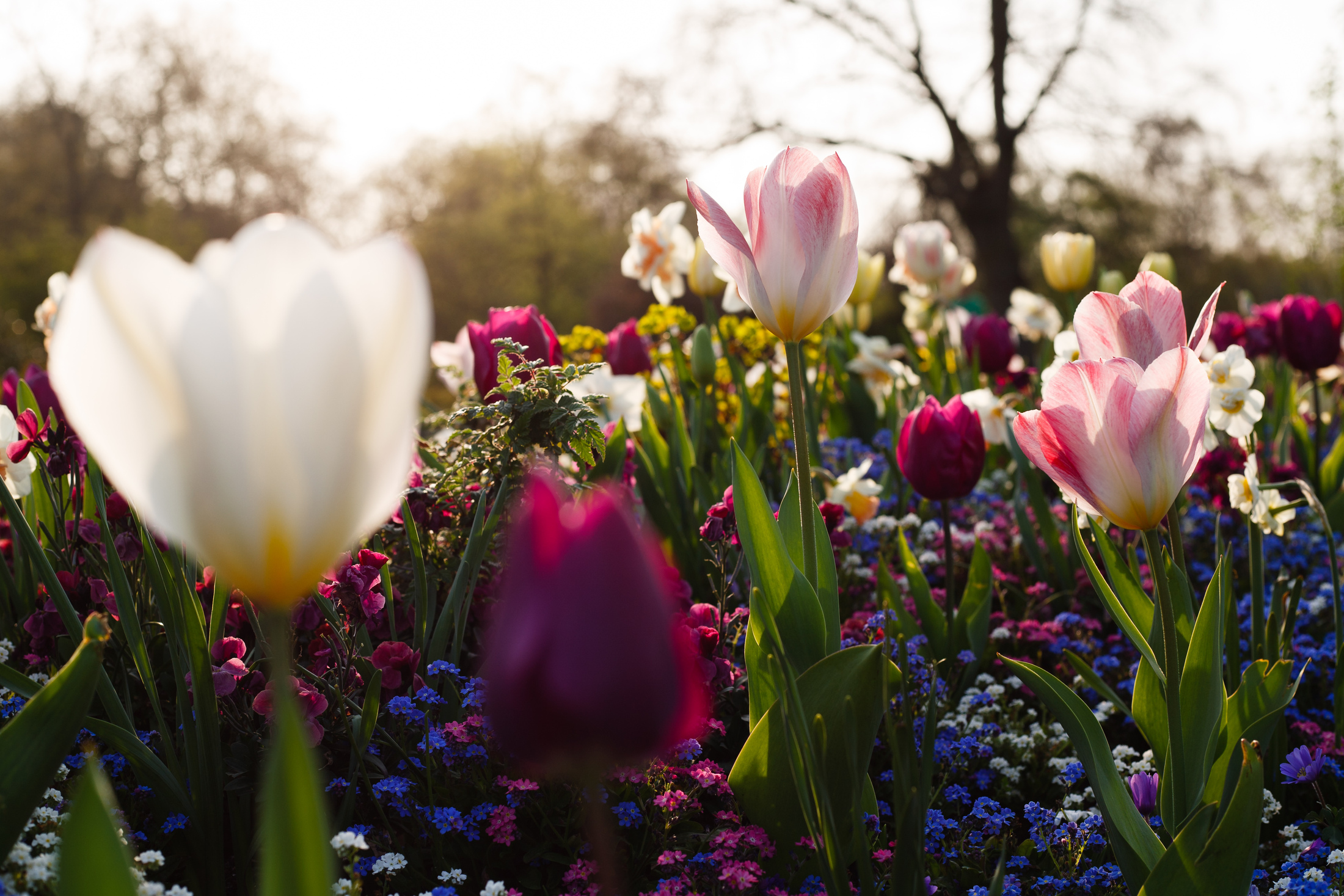
In your planting hole, add some bulb food to the soil first. Plant the first layer of bulbs starting with the larger ones, closely together but keep about half an inch in between. Cover with about 2 inches of soil, then repeat with the next, slightly smaller bulbs, leaving a bit more room in between to make space for the lower growing stems. Repeat the process until you’ve finished all your layers, covering your last with 2-3 inches of soil and giving it some more bulb food.
‘Once you have finished layering, cover the hole with soil and gently press it down to eliminate any air pockets. Water the bulbs thoroughly to provide them with the moisture they need to start growing,’ advises Cowley as a final step. You can also cover the area with a layer of mulch, and make sure while you keep the soil moist, not to overwater the bulbs. Now all you have to do is wait and enjoy your colorful blooms come spring.
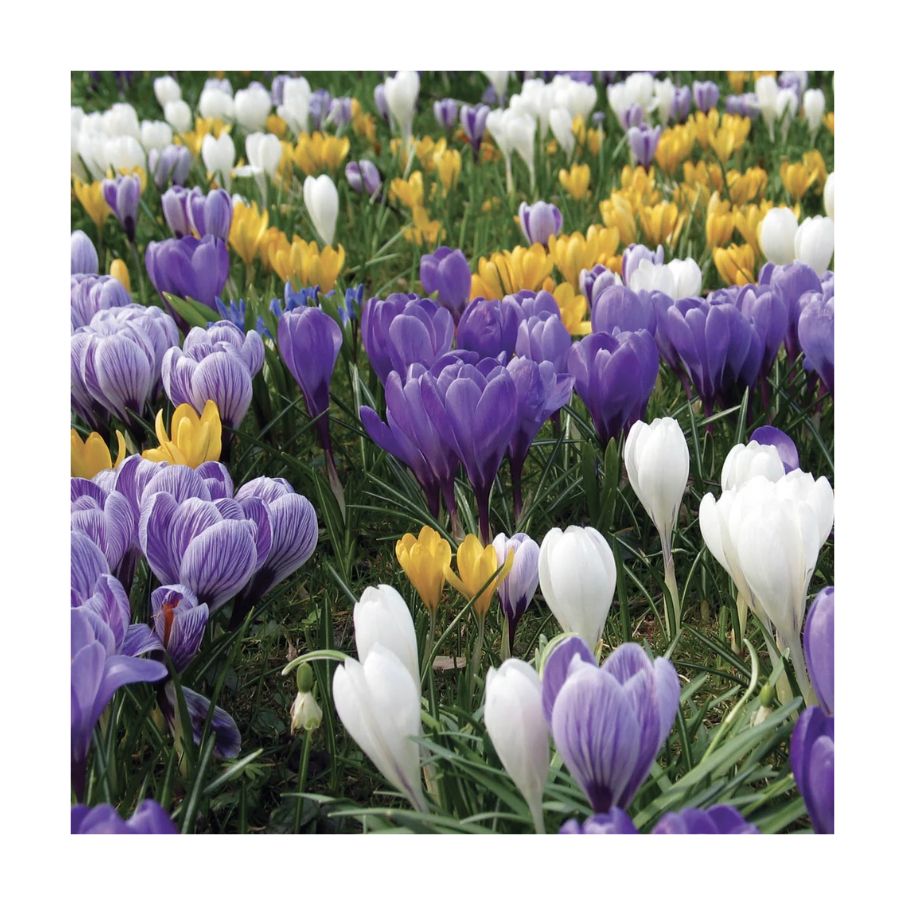
Price: $30 (set of 100)
Go for crocus bulbs if you're looking to get those early spring blooms in different colors.
Be The First To Know
The Livingetc newsletters are your inside source for what’s shaping interiors now - and what’s next. Discover trend forecasts, smart style ideas, and curated shopping inspiration that brings design to life. Subscribe today and stay ahead of the curve.
Raluca formerly worked at Livingetc.com and is now a contributor with a passion for all things interior and living beautifully. Coming from a background writing and styling shoots for fashion magazines such as Marie Claire Raluca’s love for design started at a very young age when her family’s favourite weekend activity was moving the furniture around the house ‘for fun’. Always happiest in creative environments in her spare time she loves designing mindful spaces and doing colour consultations. She finds the best inspiration in art, nature, and the way we live, and thinks that a home should serve our mental and emotional wellbeing as well as our lifestyle.
-
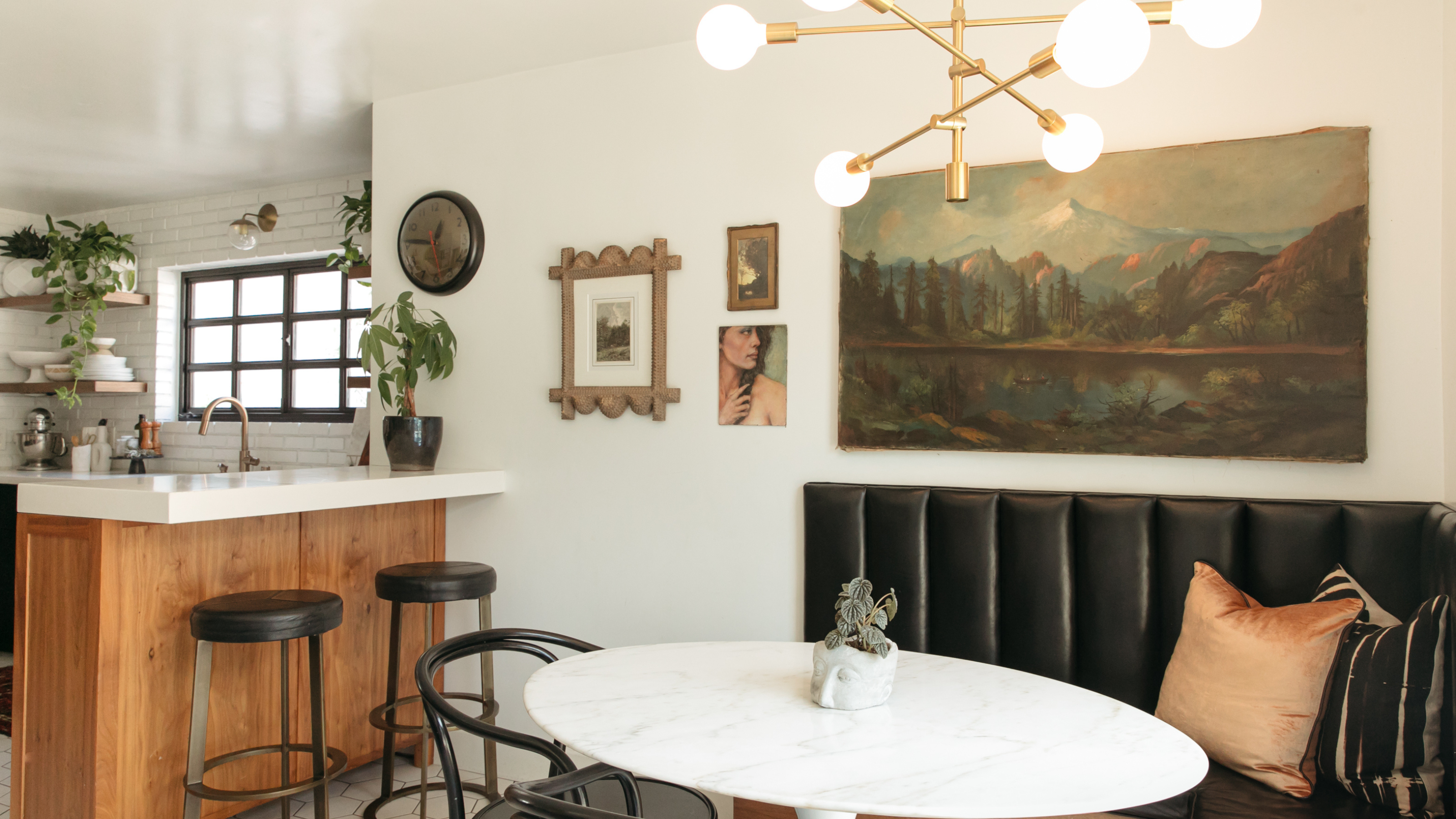 Does Anyone Decorate With Wall Clocks Anymore? We Asked Designers For Their Thoughts — Timeless or Time to Go?
Does Anyone Decorate With Wall Clocks Anymore? We Asked Designers For Their Thoughts — Timeless or Time to Go?Although they've been around for centuries, their presence in interiors divides designers. So, are wall clocks our of style? Let's discuss
-
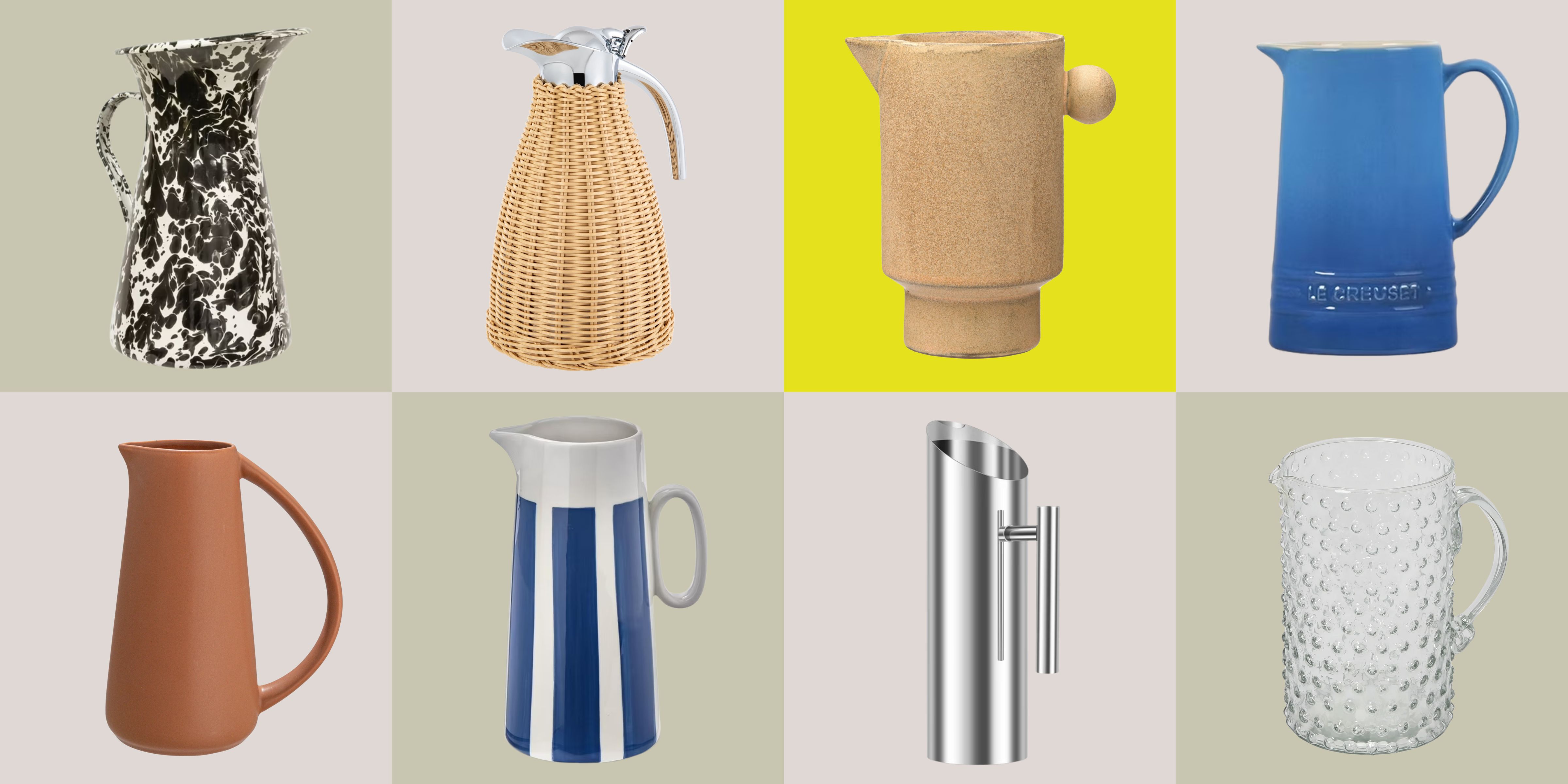 Take a Pitcher, Make It Last Longer — This Is the Crucial Thing Your Spring Table is Missing
Take a Pitcher, Make It Last Longer — This Is the Crucial Thing Your Spring Table is MissingFor spring tables with style, meet the warm-weather staple that keeps drinks flowing (and the host seated)
